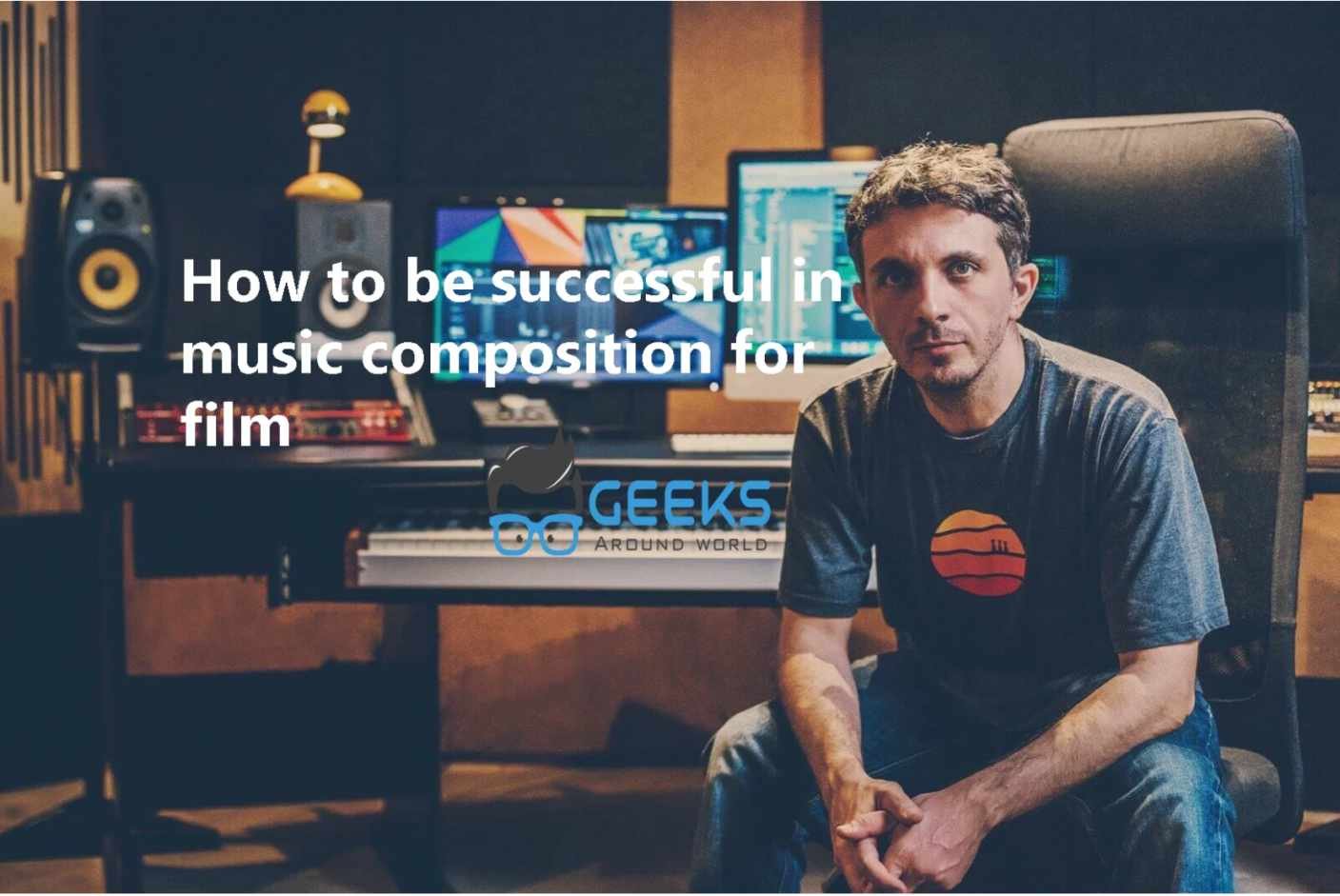Composing and choosing appropriate music for a film is a difficult task. Film music has the power to affect the style and vibe of a film, therefore directors and composers must choose the correct music for every sequence. The score and the soundtrack are two important aspects of cinematic music. A film soundtrack is a collection of prerecorded music that plays in the background while the movie is being displayed. This music collection often referred to as the original track, might comprise new tracks as well as pre-existing songs that appeared during the movie or were expressly produced for the movie. An original soundtrack is another term for a soundtrack. The majority of film scores are composed by a film composer contracted for the project. Alongside background music and speech, the film score intensifies the film’s impact by establishing an auditory ambiance for every sequence. Students can learn about music composition for film by taking up relevant courses.
A person must be innovative, have a great passion for music, and also have the ability to compose melodies for films in order to be an accomplished professional. To be a successful Music Composer, you must put in a lot of effort, dedication, and patience. Composing music is a time-consuming activity that is sometimes overlooked, yet the efforts and cognitive processes required to create music are admirable and well beyond explanation. The following are the stages to becoming a competent music composer:
- Mastering Fundamental Musical Techniques: Artists must be well-versed in music theory and grasp how components interact to create music. Throughout their early years, prospective composers must engage in choruses, performances, orchestras, freestyle concerts, and plays to develop their musical proficiency. They may also want to attempt to perform musical equipment, including the keyboard or guitar, to reflect themselves.
- Getting a Music Education is something really worthwhile: Most of the specialties accessible to prospective musical composers include conception, composition, and film score. Composition institutions cover topics such as music theory and origins, composing methodologies, ear coaching, and directing.
- Career Counseling: Composers of music can produce music for singers or musical performances, as well as compose the soundtrack for movies, tv-series, and advertisements. They might potentially be responsible for overseeing other composers or dealing with performers throughout the production phase. Art therapists, advertisers, marketers, artists, and directors are all jobs that composers have. Since there are so many options accessible to individuals, consulting with a professional counselor can allow them to develop a framework for following their careers. Most academic institutions even provide career counseling to help participants secure jobs after graduation.
- Music Production: However, one prominent technique to build a career in music is to produce music for diverse bands and undertake different types of music production professional assignments to develop expertise in the desired sector. The quickest method to master composition is to remember little musical pieces and then actually understand how to modify and mix them in some very unique situations. It pushes you to comprehend it in the course of altering it. This is actually quite a bit similar to how composers were trained in the past.
Become a better musician by signing up for the course now!
Also read:




























































